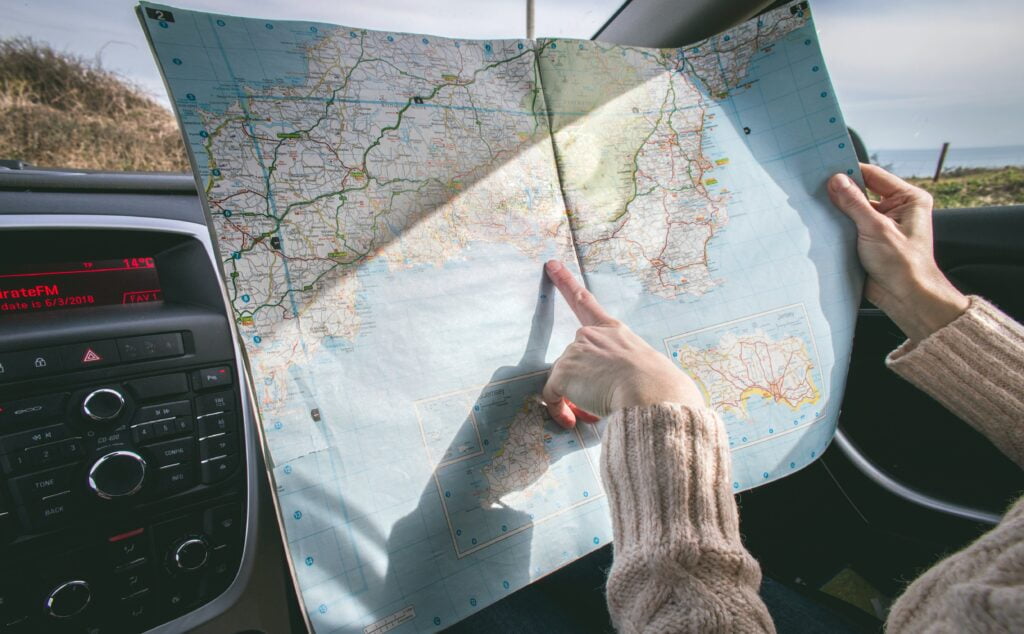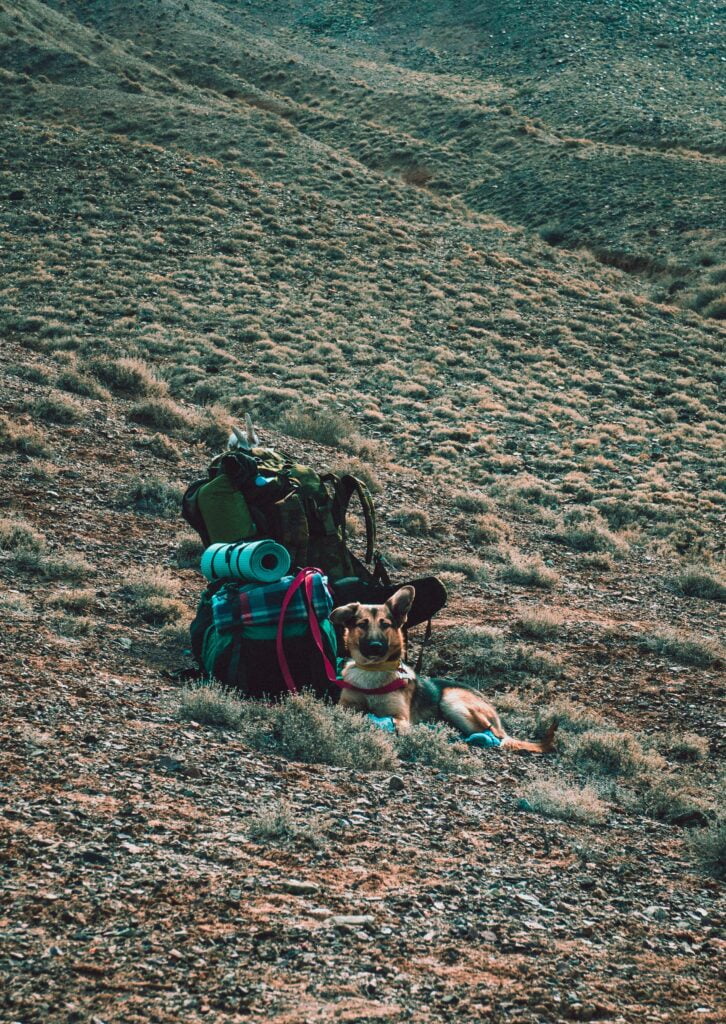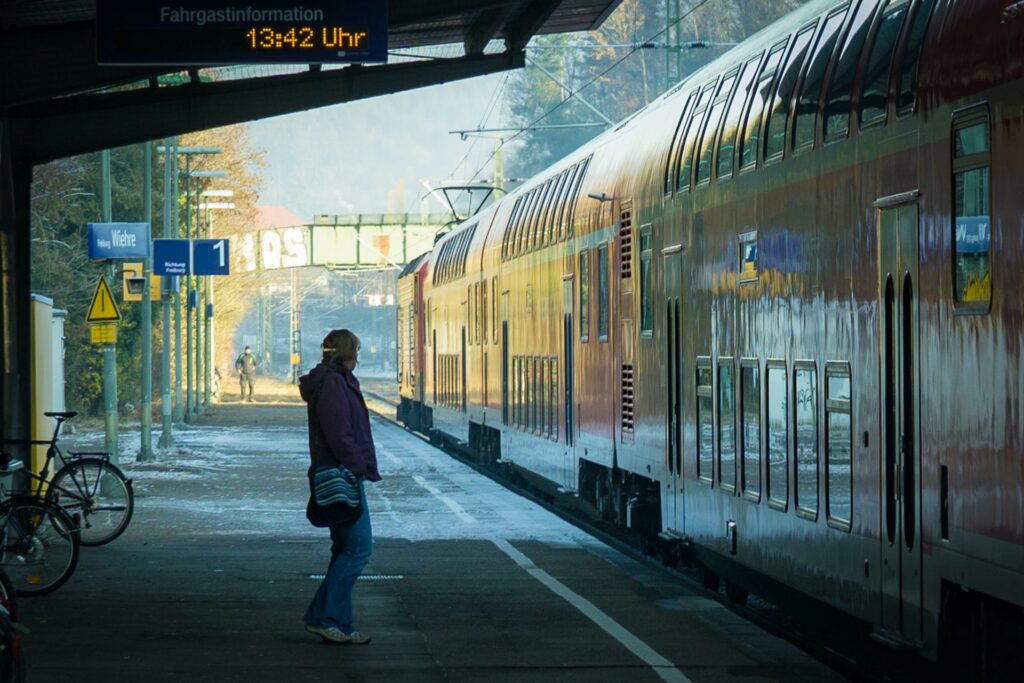Introduction
Travelling Solo Mastery: More and more people are opting to go on experiences by themselves, which is driving up the popularity of solo travel. As opposed to regular travel groups, solo travelers independently explore new locations, offering a distinctive and intimate experience. Many people have been captivated by the notion of venturing off on their own and exploring the globe at their own leisure.
The most important thing while traveling alone is to make sure you’re safe. It becomes essential to be aware of potential risks and take measures because there is no one else to rely on in an emergency. Whether you’re traveling through thriving cities or tranquil countryside, knowing how to properly navigate uncharted territory is essential to enjoying your trip with assurance and tranquility.
This guide is designed to be your buddy on your solo travel experience. It seeks to provide doable, simple-to-follow tactics that prioritize your safety. Through the provision of insightful and useful advice, the guide aims to provide you the skills and self-assurance needed to travel the world on your own. The intention is not to dissuade you from traveling alone, but rather to improve your experience by making sure you are safe and well-equipped for the trip. Prepare yourself to become an expert solo traveler by keeping safety as your first priority!
Pre-Departure Preparations
Researching and choosing safe destinations:
It’s crucial to do your homework and pick travel places that put your safety first before you pack your bags. Government-issued travel warnings offer important details on the security conditions in other nations. These warnings draw attention to possible hazards and assist you in choosing your destination with knowledge. Reputable sources’ safety ratings can also help you make decisions by guiding you toward locations with a good reputation for traveler safety.
Cultural awareness and sensitivity:
Being attentive and conscious of one’s own culture is another essential component of pre-departure preparation. Social norms, practices, and traditions vary throughout nations. Not only does it make your trip more enjoyable, but it also helps you steer clear of inadvertent cultural misunderstandings. Respecting regional traditions makes it easier for you to fit in and encourages good conversations with the individuals you encounter. This cultural sensitivity makes the trip go more smoothly and joyfully overall.
Creating a comprehensive itinerary:
Making a detailed schedule requires careful consideration of your travel and lodging options. This improves both your safety and the organization of your trip. An additional layer of security is added by providing your itinerary to reliable contacts, who will then be aware of your plans and able to help if necessary. These final steps before leaving set the stage for a safe, well-organized solo travel experience.

Detailed planning of transportation and accommodations:
Making a thorough itinerary, or a precise timetable of your travels, is the first step in planning your trip. This include planning your travel and accommodations, including transportation. Examine several forms of transportation, such as buses, trains, and airplanes, and select the ones that best fit your needs and price range. Look at lodging options that meet your needs, whether it be a guesthouse, hostel, or hotel. Making these reservations in advance guarantees a more stress-free and well-planned trip.
Sharing itinerary with trusted contacts:
As soon as your schedule is prepared, you should send it to relatives or other people you may trust. This step enhances the safety of your alone travel experience. They will be aware of your exact location in the event of an emergency or if someone wants to get in touch with you. Provide specifics such as flight details, lodging addresses, and any itinerary modifications. Maintaining regular communication with your reliable connections also ensures that everyone is informed and gives you and your loved ones peace of mind.
Securing essential documents:
Obtaining necessary paperwork is a crucial component of getting ready for leave. Make sure your passport is up to date, get any required visas, and, for extra security, get travel insurance. Making digital copies of crucial papers provides an additional degree of protection and a fallback in the event of unanticipated events. By taking these precautions, you can travel alone more easily and safely and concentrate on having a great time.
Passport, visas, and travel insurance:
Before starting off on your solo expedition, it’s necessary to ensure that your essential documentation are in order. Make sure your passport is valid for the entire period of your journey, as it serves as a key to open admission into many nations. Verify the requirements for obtaining a visa in advance, if needed, for the countries you intend to visit. Furthermore, having travel insurance functions similarly to a safety net. You may travel with peace of mind knowing that it will cover medical emergencies, trip cancellations, and other unforeseen circumstances.
Digital backups of important documents:
Make digital backups of your critical documents to provide an additional degree of protection. Take digital photos or scans of your passport, visa, travel insurance information, and any other necessary documents. Keep these digital copies on a password-protected device or in a safe online location. Having digital backups makes replacing the physical copies easier in the event that you misplace the originals. This procedure guarantees that, in the event that the originals are lost or stolen, you will still have access to vital information.
Packing Smart for Safety
Take personal safety into consideration when preparing for your alone trip. Having the essential prescriptions in your first aid kit is essential for controlling pre-existing ailments, and having a fully equipped pack guarantees that you can handle minor medical emergencies. Having basic yet functional equipment like a whistle and a personal alarm with you might provide an extra degree of security while traveling. When you pack with your own safety first, you create the groundwork for a more secure and pleasurable solo travel experience.

Essential items for personal safety:
It’s crucial to put your own safety first while preparing for a solo trip. Including a well-equipped first aid kit is a sensible idea. Basic medical supplies including bandages, antiseptic wipes, pain killers, and any specialized medications you might require should be included in this kit. Make careful to adjust it to your own health needs, taking into account any current medical issues. Carrying a first aid bag guarantees that small wounds or illnesses may be treated quickly, keeping you well and enjoying your trip.
Personal safety devices (whistle, personal alarm):
Including personal safety gear in your luggage is another essential component of safety packing. In an emergency, having a whistle and a personal alarm are easy-to-use but useful items that can help you draw attention. These gadgets can be used to signal for assistance or ward off potential threats in both peaceful and congested areas. To ensure you can use them right away in an emergency, keep them close at hand or fastened to your backpack. When you’re out on your own, these little, light items can provide you an extra sense of protection.
Securing belongings:
One of the most important parts of thoughtful packing for solo travel safety is safeguarding your things. Specialized features offered by anti-theft backpacks and accessories guard your possessions from possible thieves. An additional layer of security is added by using baggage locks and cable ties, which makes it more difficult for unwanted people to access your items. You may improve the security of your belongings and make traveling alone safer by including these precautions into your packing process.
Anti-theft backpacks and accessories:
It’s crucial to keep your possessions safe when traveling alone. Think about purchasing accessories or an anti-theft bag to discourage theft. Pickpockets find it harder to get to your belongings when these backpacks have reinforced straps, locking compartments, and hidden zippers. Your personal belongings are further protected by anti-theft equipment including compartments that block RFID signals and straps that withstand slashes. You may travel with more peace of mind and greatly lower your risk of theft by using these specialist goods.

Use of luggage locks and cable ties:
Using wire ties and baggage locks is another practical approach to keep your possessions safe. To prevent unwanted access, you might use locks to secure the zippers on your luggage or bag. Select locks that have been approved by the TSA and that security staff can unlock if necessary. Because of its versatility, cable ties can be used to fasten several zippers or, for extra security in congested areas, to connect your bag to a stationary item. These easy steps act as barriers, making it harder for potential thieves to target your possessions..
Travelling Solo Mastery, Technology for safety:
When traveling alone is a wise move. GPS tracking applications improve navigation and give reliable contacts a way to keep an eye on your whereabouts. Emergency contact applications provide a rapid and effective means of communicating vital information in an emergency by streamlining access to information in the event of unanticipated events. You can increase your safety and travel with more peace of mind if you prepare for solo travel with these technological tools.
GPS tracking apps:
In the current digital era, technology can significantly improve your safety when traveling alone. GPS tracking applications are really useful resources that may both assure that someone is always aware of your location and assist you in navigating uncharted territory. Download a trustworthy GPS tracking app to your smartphone before you go. Give reliable people access to your location so they can keep an eye on your whereabouts. These apps give people a quick and easy way to find you in the event of an emergency or if you’re in a strange place. This technology offers an additional degree of protection, particularly when venturing into unfamiliar territory alone.
Emergency contact apps:
For those traveling alone, another smart tech option are emergency contact applications. With the help of these apps, you can save vital data on your phone in one convenient location, like travel insurance details, medical records, and emergency contacts. First responders will be able to obtain this information promptly in an emergency, ensuring that you receive the proper care. With only a few touches, you can send an emergency alert to pre-selected contacts using features included in several of these apps. By include these applications in your travel planning, you have access to a digital safety net that can offer vital information and support when required.

Staying Healthy on the Road
It takes strategic preparation and health precautions to stay healthy when driving. You may make sure you take the required immunizations and safety measures before traveling by researching the health standards for particular locations. Having a basic medical kit with you on your travels will provide you with the necessary supplies to handle common health issues. By taking these precautions together, you give your health top priority and provide the groundwork for a secure and pleasurable solo travel experience.
Health precautions and vaccinations:
Health requirements unique to the places you intend to visit before setting off on your solo adventure. Health dangers can vary depending on the location, so knowing what to look out for enables you to take the appropriate safety measures. Verify whether any vaccines are necessary or advised for the areas you plan to visit. It’s important to be aware about any health advisories or admission requirements that may apply to a certain country so that you can make the best travel preparations possible. You can get the information you need to make well-informed decisions about your health before you go by speaking with a healthcare provider or using trustworthy websites.
Packing a basic medical kit:
Having a basic medical kit on you when traveling is another important step in staying healthy. You should have all the necessary supplies in your bag to handle typical health issues. Adhesive bandages, antiseptic wipes, painkillers, and any prescription drugs you habitually consume may fall under this category. Think about including products like sunscreen, bug repellant, and over-the-counter medications for common illnesses. If you have a well-stocked medical kit, you can handle minor medical problems on your own and carry on with your journey without incident. Customize your medical pack to meet your unique requirements, accounting for any special demands or pre-existing medical problems.
Food and water safety:
It’s critical to prioritize food and water safety when traveling alone if you want to stay healthy. Select restaurants that are well-known and have hygienic, well-maintained facilities in order to lower the danger of foodborne infections. Be cautious when it comes to drinking water; choose bottled or filtered water from reliable sources. By taking some easy but effective precautions, you may protect your health and relish every bite of your solo vacation.
Choosing reputable eateries:
One of the most important things to do to be healthy when traveling alone is to ensure food safety. Make a point of selecting respectable restaurants when visiting unfamiliar places. Choose eateries and food stands that seem tidy and well-kept. See evaluations left by visitors or residents to get an idea of how hygienic the various facilities are. Eating at busy areas where there is a high turnover of food can also be a strong predictor of freshness. You can lower your risk of eating food contamination and getting sick while traveling alone by choosing your restaurants carefully.
Drinking water precautions:
Maintaining health while driving is equally dependent on drinking water safety. It’s important to take measures because tap water may not be safe to drink in some areas. Remain with filtered or bottled water from reliable sources. Avoid using ice in your drinks, as it may be made from untreated water. Use portable water filters or water purification pills if you’re not sure how pure the water is. It’s important to stay hydrated, therefore to avoid contracting any illnesses from drinking contaminated water, be careful where you get your water. You can enjoy regional cuisine and maintain proper hydration without jeopardizing your health by adopting these preventative measures into your daily routine.
Prioritizing mental health:
Making mental health a priority is necessary for a satisfying solo travel experience. Create coping mechanisms to deal with anxiety and loneliness by maintaining relationships with loved ones and partaking in enjoyable activities. Additionally, look for and utilize nearby mental health resources by doing research on the services offered in the places you intend to visit. Making conscious efforts to maintain your mental health improves your capacity to deal with the difficulties of traveling alone and forge enduringly happy experiences.

Coping strategies for loneliness and anxiety:
Since loneliness and anxiety can occasionally accompany solo travel, it’s critical to give your mental health top priority. Create coping mechanisms to efficiently control these feelings. To fight feelings of loneliness, make frequent phone calls or send texts to loved ones. Take part in enjoyable activities, such reading, listening to music, or visiting nearby sights. To reduce stress, create a regimen that incorporates self-care activities like exercise and meditation. Through proactive management of emotions such as loneliness and anxiety, you may sustain a healthy psychological state and optimize your experience traveling alone.
Identifying and accessing local mental health resources:
It’s important to know about the mental health facilities available in your area in case you require extra assistance while traveling alone. Look about the mental health services that are offered in the places you intend to visit. Learn the numbers of hotlines and counseling clinics in your area so that you know who to call in an emergency. Certain locations might include wellness activities or support groups where you can meet people who share your interests. Having this knowledge at your disposal enables you to get assistance quickly in the event that you run across difficulties when traveling. Making mental health a priority is essential to having a satisfying and enjoyable solo travel experience.
We Will Conclude This Travelling Solo Mastery In Part Two

